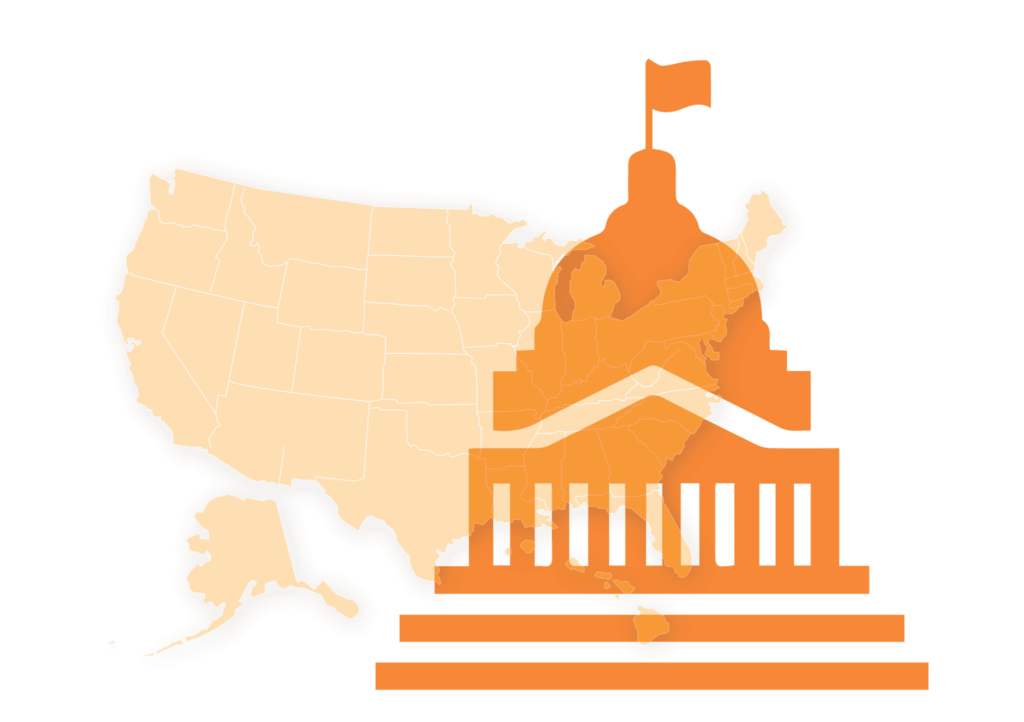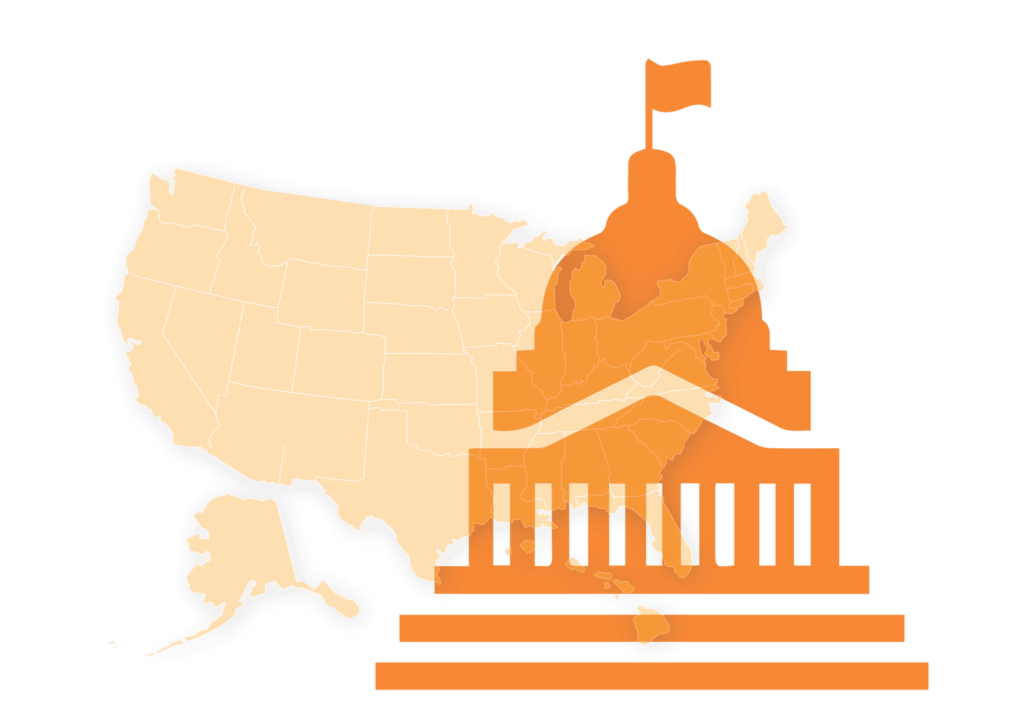As you read this, policymakers in Washington are working on essential legislation in response to our ongoing public health crisis and staggering economic downturn.
If Congress does not allocate additional federal relief funds, states like Tennessee will have to make budget cuts that could devastate our educational systems.
Congress must enact additional federal relief funds for both K-12 and higher education. But this funding should be paired with an expectation that states use their relief funds equitably and not walk away from their responsibility to maintain funding for our schools, colleges and students.
Tennessee’s recovery depends on educational equity
Between 2014 and 2018, the number of Tennesseans who received education, training and workforce credentials beyond their high school diploma increased from 39% to more than 45%.
This overall progress masks the fact that just 20% of Latino and 28% of Black Tennesseans between the ages of 25 and 64 have such a credential, compared to 39% of white Tennesseans.
In order for Tennesseans to have an equitable recovery from COVID-19, we need to make sure schools and colleges don’t face damaging budget cuts.
Congress should improve on CARES Act funding requirements
Federal provisions designed to maintain state support for education are generally known as maintenance of effort requirements. A recent example can be found in the CARES Act, which requires states to maintain funding for schools at least equal to the average share of total state spending for schools and colleges over the past three years.
But that requirement can be waived by the secretary of education and lumping together funding requirements for these large pieces of a state’s budget could endanger funds for one or the other.
Hear more Tennessee Voices:Get the weekly opinion newsletter for insightful and thought provoking columns.
Therefore, in the upcoming relief package, Congress should include a maintenance of effort requirement that ensures state spending on K-12 and higher education remains at least the same percentage as it was of the state’s pre-pandemic overall spending. That way, if states like Tennessee must cut spending, the percentage of the state budget that is dedicated to education would remain the same. Congress should also narrow or eliminate the waiver authority in the CARES Act.
We can’t afford to repeat the mistakes of the Great Recession
In responding to the Great Recession, Congress’s maintenance of effort provisions fell short of what was needed. And the cuts were so steep during the last downturn that higher education funding for full-time students still remains 9% below pre-recession levels.
What’s more, nearly 300,000 teachers and other staff across the country lost their jobs the last time around. Those layoffs disproportionately affected students of color and students from low-income backgrounds.
Therefore, to get federal dollars, states and districts should protect their most at-risk students by shielding the lowest income districts and schools from disproportionate cuts in state funding. This concept is known as maintenance of equity, and should also be included in the upcoming relief legislation.
The next package is an opportunity for congressional leaders to build upon the bipartisan work in the CARES Act. Congress should include an improved maintenance of effort provision, and a new maintenance of equity provision in the next relief package to ensure states maintain their educational investments and protect the lowest income districts and schools from cuts to ensure a stronger and more equitable economic future for students.
Tennesseans should demand it.
This op-ed was originally published by The Tennessean.
Gini Pupo-Walker is the state director for The Education Trust in Tennessee and a school board member in Metro Nashville Public Schools

 August 06, 2020 by
August 06, 2020 by 




